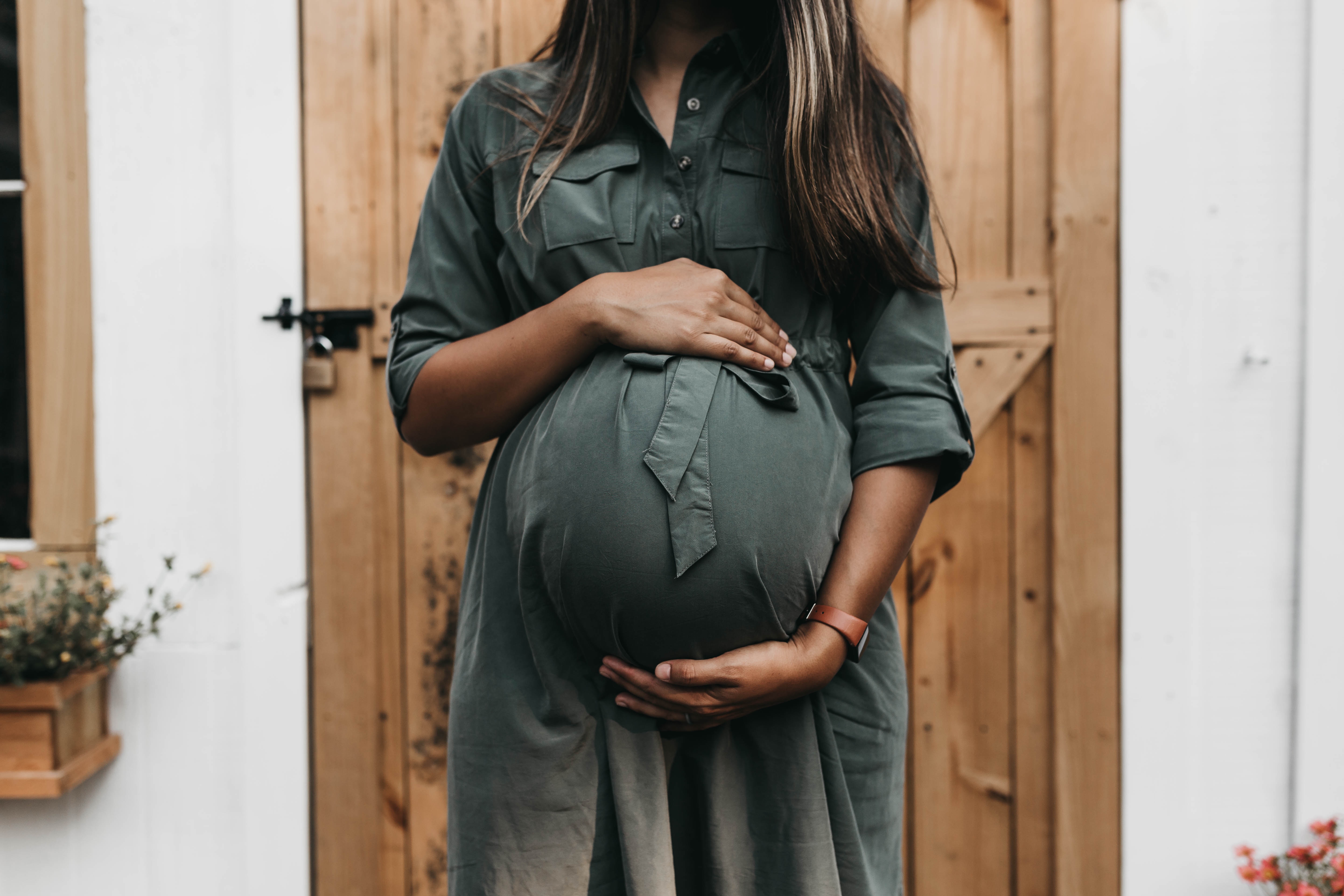News release
From:
JAMA
Pregnancy After Breast Cancer in Young BRCA Carriers
About The Study: This international, hospital-based, retrospective cohort study including 4,732 BRCA carriers showed that 1 in 5 patients conceived within 10 years after breast cancer diagnosis. Pregnancy following breast cancer in BRCA carriers was not associated with decreased disease-free survival.
Organisation/s:
Peter MacCallum Cancer Centre, The University of Melbourne, University of Genova, Italy
Funder:
The study was partly supported
by the Italian Association for Cancer Research (AIRC
grant MFAG 2020 ID 24698), and the 2022 Gilead
Research Scholars Program in Solid Tumors.
Dr Lambertini received support from the European
Society for Medical Oncology (ESMO) for a
translational research fellowship at the Institut
Jules Bordet in Brussels, Belgium, at the time this
study was initiated. Dr Kim receives support from
the Korea Health Technology R&D Project through
the Korea Health Industry Development Institute
(KHIDI), funded by the Ministry of Health and
Welfare, Republic of Korea (grant HC20C0135).
Dr Phillips is a Australian National Health and
Medical Research Council leadership fellow. Data
collection for most Australian participants was
through the kConFab Follow-Up Study with support
from Cancer Australia and the National Breast
Cancer Foundation (PdCCRS 1100868), Cancer
Australia (809195), the Australian National Breast
Cancer Foundation (IF 17), the Australian National
Health and Medical Research Council (454508,
288704, and 145684), the US National Institutes of
Health (1RO1CA159868), the Queensland Cancer
Fund, the Cancer Councils of New SouthWales,
Victoria, Tasmania, and South Australia, and the
Cancer Foundation ofWestern Australia.
Dr Partridge receives support from the Breast
Cancer Research Foundation and Susan G. Komen.



 Australia; International; VIC
Australia; International; VIC



